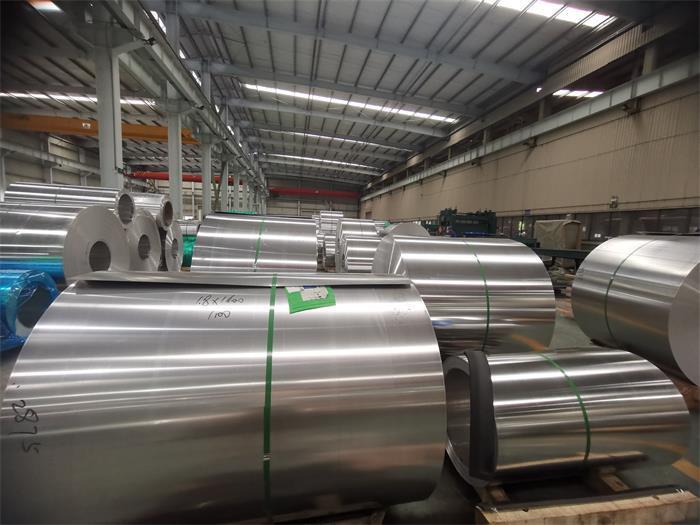Determining the "best" aluminum sheet depends on the specific requirements of your project, as different alloys and specifications cater to various applications. Here are three widely used and well-regarded aluminum alloys for sheets:
Aluminium Alloy 3003:
Properties: Known for its excellent formability, corrosion resistance, and moderate strength.
Applications: Commonly used in general sheet metal work, kitchen appliances, and heat exchangers.
Aluminium Alloy 5052:
Properties: Exhibits good corrosion resistance, high fatigue strength, and excellent weldability.
Applications: Widely used in marine applications, automotive components, and electronic enclosures.
Aluminium Alloy 6061:
Properties: Offers good strength, excellent machinability, and weldability.
Applications: Used in structural components, aerospace parts, and general engineering where strength and versatility are required.
When selecting the best aluminum sheet for your application, consider factors such as:
Alloy: Different alloys offer varying combinations of properties. Choose an alloy based on factors like strength, corrosion resistance, formability, and weldability.
Thickness: The thickness of the sheet is crucial, as it influences the sheet's strength, weight, and suitability for specific applications.
Surface Finish: Depending on your project requirements, you may need a smooth or textured surface finish. Some applications, such as architectural uses, may require a polished or anodized finish.
Temper: Aluminum sheets are available in different tempers (e.g., H14, H24, T6), each affecting the material's properties. Consider the temper that aligns with your project needs.
Certifications: Ensure that the aluminum sheets meet industry standards and certifications relevant to your application.
Supplier Reputation: Choose a reputable supplier known for delivering high-quality aluminum sheets. Check customer reviews, certifications, and the supplier's track record in the industry.
It's important to consult with aluminum experts or suppliers who can provide guidance based on your specific project requirements. The "best" aluminum sheet will ultimately be the one that meets your project's unique combination of performance, durability, and cost considerations.

